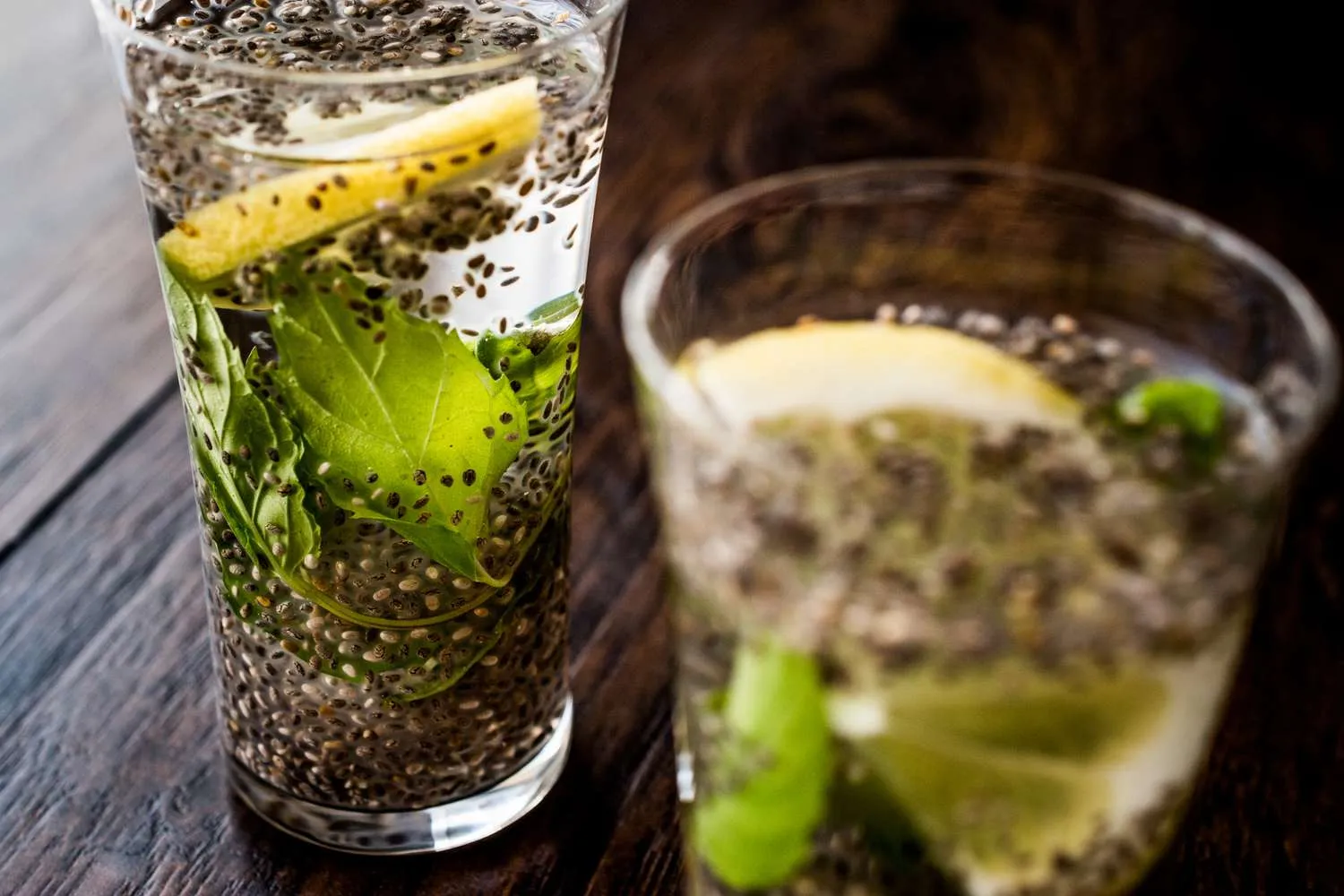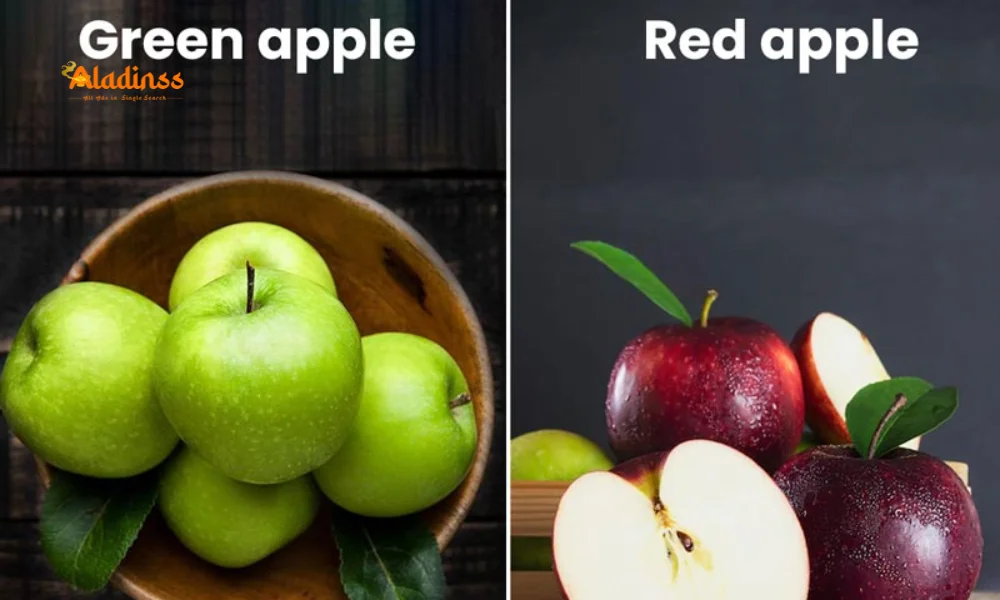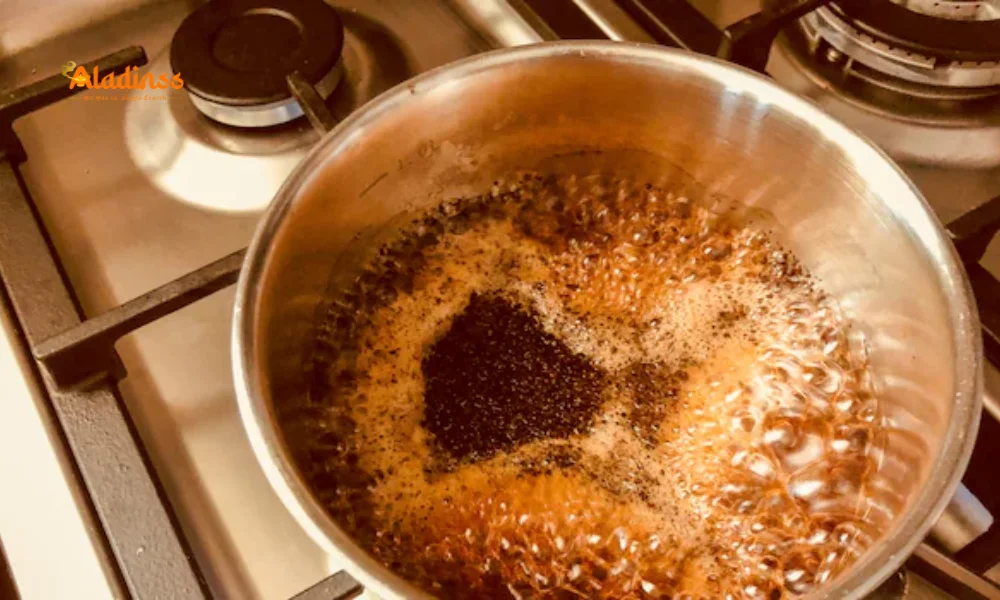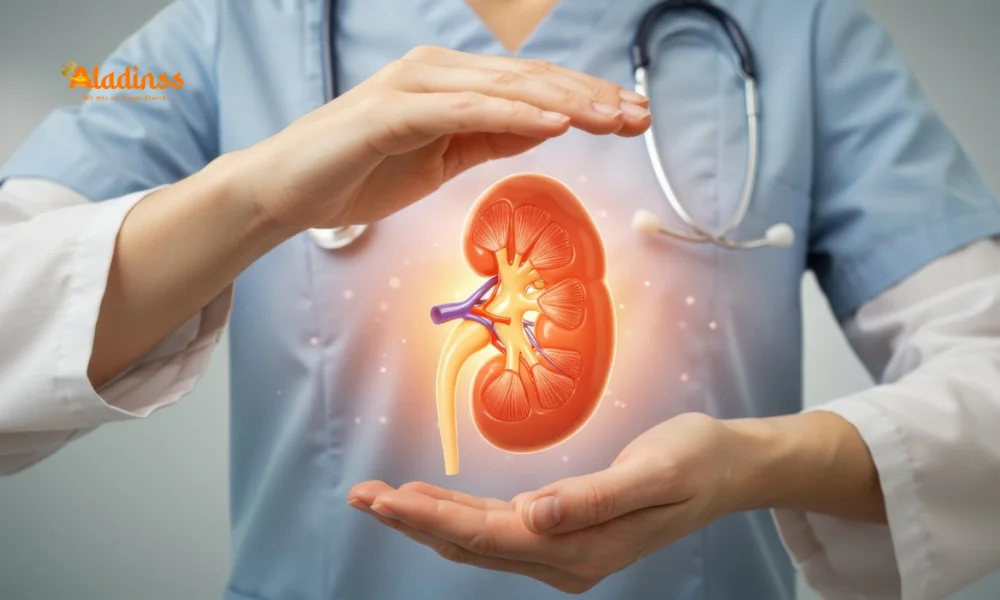Vitamin Deficiencies Causing Premature Gray Hair
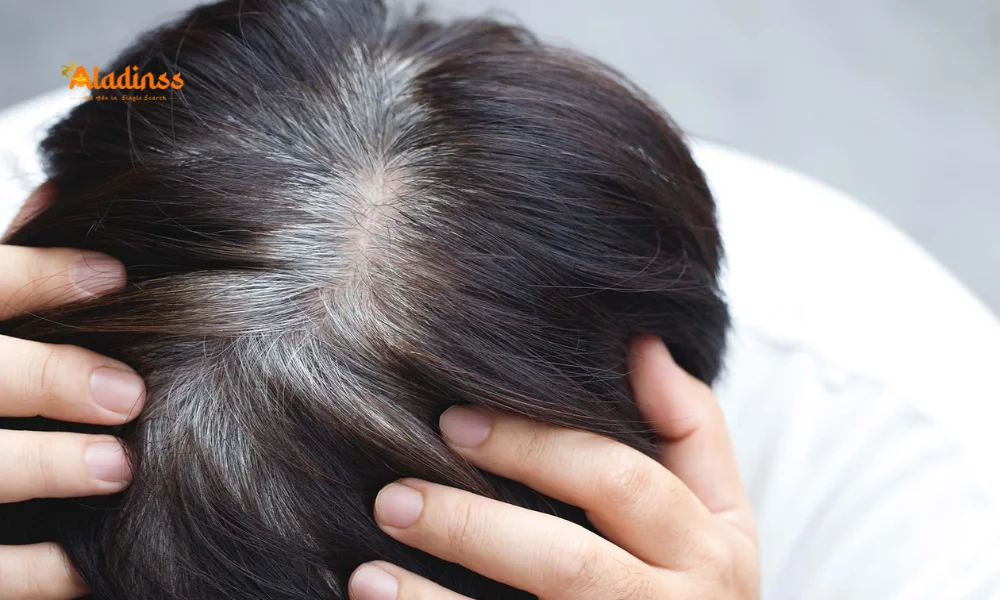
Vitamin Deficiencies That Trigger Premature Gray Hair
Spotting a few strands of gray hair early can be unsettling, especially if premature graying runs in your family or appears unexpectedly. While genetics and aging are primary culprits behind hair graying, emerging research highlights vitamin deficiency as a key accelerator of white hair appearance. Deficiencies in essential nutrients like vitamin B12, vitamin D, biotin, copper, zinc, and iron can disrupt melanin production, the pigment responsible for your hair's vibrant color. Addressing these gaps through diet or supplements may help slow down premature graying and support overall hair health.
Premature gray hair affects millions, often starting in the 20s or 30s, and can signal underlying issues like nutrient shortfalls. Studies link low levels of these vitamins and minerals to impaired melanocyte function, the cells that produce melanin in hair follicles. By incorporating nutrient-rich foods, you can potentially restore balance and delay the onset of graying. This guide delves into how vitamin deficiencies cause early gray hair, offering practical tips for prevention and reversal where possible.
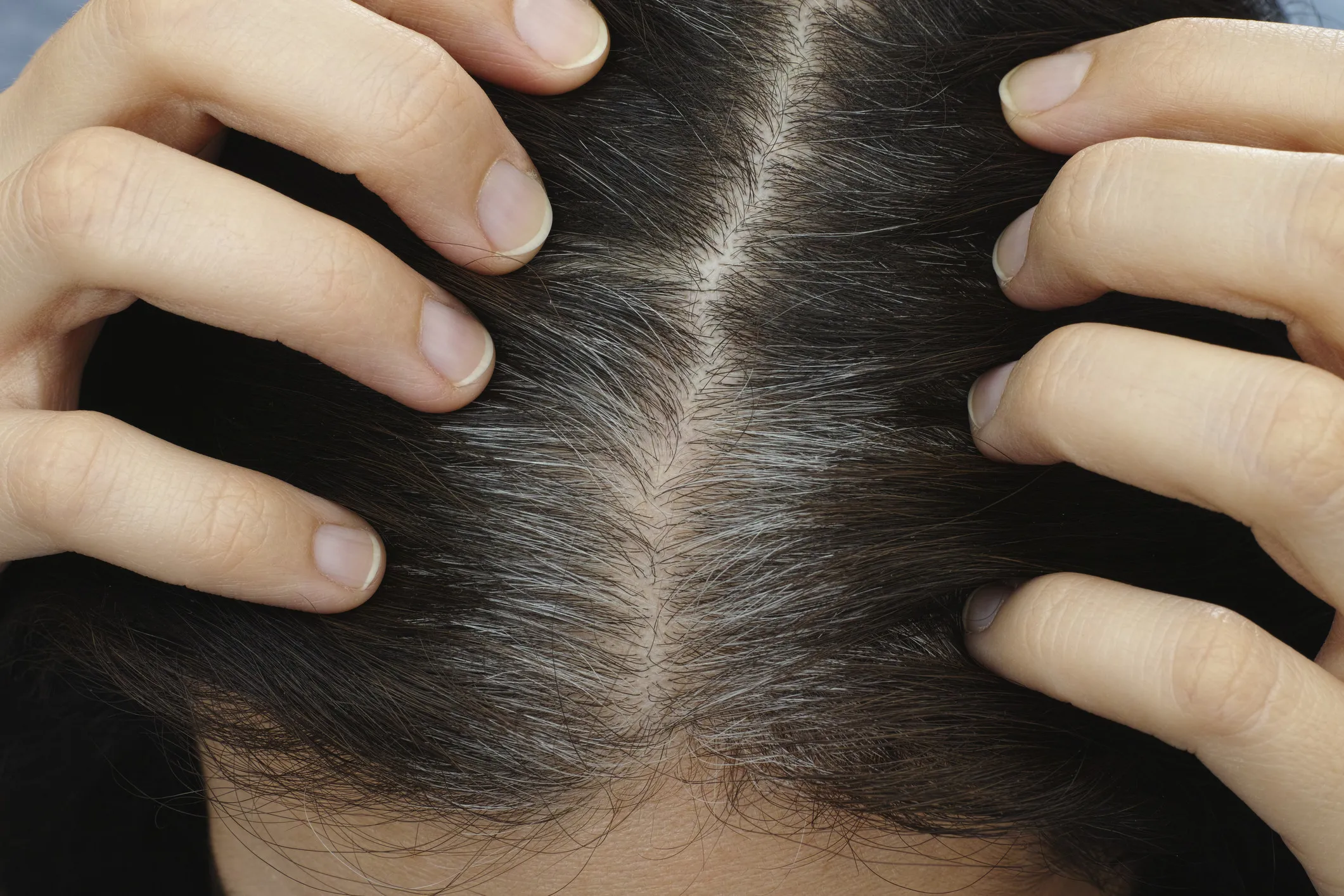
Understanding the Link Between Nutrient Shortfalls and Hair Pigmentation Loss
Hair graying happens when melanin levels drop in the hair shaft, turning strands white or silver. While inevitable with age, premature gray hair often stems from lifestyle and dietary factors, including vitamin deficiency. Research indicates that oxidative stress from poor nutrition damages melanocytes, hastening pigment loss. For instance, without adequate B vitamins, DNA synthesis in hair cells falters, leading to weaker pigmentation and faster graying.
Beyond vitamins, mineral deficiencies like those in copper and zinc exacerbate the issue by impairing enzyme activity needed for melanin synthesis. Iron plays a role too, as its absence reduces oxygen delivery to follicles, stunting color production. Early detection through blood tests can reveal these imbalances, allowing targeted interventions to combat white hair causes and promote healthier scalp conditions.
- Oxidative damage from free radicals accelerates melanocyte depletion.
- Genetic predisposition amplifies the effects of nutrient gaps.
- Environmental stressors like pollution compound dietary deficiencies.
Incorporating a balanced diet rich in these nutrients not only aids hair color retention but also boosts overall vitality. Regular check-ups and mindful eating can mitigate risks, helping you maintain natural hair color longer.
Vitamin B12 Deficiency: A Major Culprit in Early Hair Graying
Vitamin B12 stands out as a critical nutrient for preventing premature gray hair, primarily because it supports red blood cell formation and neurological health, both vital for follicle nourishment. A deficiency in this water-soluble vitamin impairs oxygen transport to hair roots, weakening melanocyte activity and leading to pigment fade. Studies show individuals with low B12 levels are more prone to white hair in their 20s, underscoring its role in hair health.
Common in vegetarians or those with absorption issues, B12 shortfall can be reversed with dietary tweaks or supplements, potentially restoring some color. Foods high in B12 include animal products, but fortified options work for plant-based diets. Consistent intake may halt further graying and enhance scalp health over time.
- Eggs: Provide bioavailable B12 alongside protein for hair strength.
- Dairy: Yogurt and cheese offer creamy sources that aid absorption.
- Fortified cereals: Easy morning boost for busy lifestyles.
- Fish like salmon: Combines B12 with omega-3s for dual benefits.
Aim for 2.4 micrograms daily; if deficient, consult a doctor for injections or pills. Many report thicker, more pigmented hair after replenishing stores, proving B12's power against graying.
The Impact of Vitamin D Shortage on Hair Follicle Vitality
Vitamin D deficiency subtly undermines hair follicle health, contributing to premature graying by disrupting calcium absorption and immune function. This fat-soluble vitamin regulates over 200 genes, including those for melanocyte proliferation. Low levels correlate with faster pigment loss, as seen in studies of sun-deprived populations experiencing early white hair.
Sun exposure synthesizes vitamin D naturally, but dietary sources fill gaps, especially in winter months. Replenishing can rejuvenate follicles, potentially slowing gray hair progression and improving texture. Pair with exercise for optimal uptake and broader wellness gains.
- Fatty fish: Tuna and mackerel deliver potent doses with heart-healthy fats.
- Fortified milk: A staple for bone and hair support in one glass.
- Egg yolks: Simple addition to breakfast for sustained energy.
- Mushrooms: UV-exposed varieties mimic sunlight benefits.
Target 600-800 IU daily; supplements shine for those with limited sun access. Users often notice reduced shedding and vibrant hues after consistent use, highlighting vitamin D's role in combating nutrient deficiency effects.
Biotin (Vitamin B7): Boosting Hair Strength and Color Retention
Biotin, or vitamin B7, is renowned for promoting hair growth and preventing thinning, but its deficiency also ties to premature graying by weakening keratin infrastructure. This B-complex vitamin aids in metabolizing fats and carbs, fueling energy for pigment-producing cells. Though rare, shortfalls from restrictive diets can accelerate white hair onset.
Diverse food sources ensure steady supply, supporting not just color but also shine and resilience. Biotin-rich meals enhance scalp circulation, fostering healthier follicles resistant to graying stressors.
- Nuts and seeds: Almonds and sunflower seeds pack biotin with antioxidants.
- Whole grains: Oats provide fiber alongside for gut-hair synergy.
- Eggs: Yolks double as biotin hubs and protein powerhouses.
- Legumes: Lentils offer plant-based boosts for vegans.
Recommended intake is 30 micrograms; excess is harmless due to water-solubility. Many see fuller, darker locks within months, affirming biotin's value in hair pigmentation maintenance.
Essential Minerals: Copper, Zinc, and Iron for Melanin Production
Minerals like copper, zinc, and iron form the backbone of melanin synthesis, directly influencing hair color. Copper activates tyrosinase, the enzyme for pigment creation; its deficiency leads to sparse melanocytes and rapid graying. Zinc repairs hair tissue, while iron ensures oxygenation—both vital against white hair causes.
Research on young adults with early graying reveals lower mineral levels, treatable via diet. These elements synergize with vitamins for comprehensive hair health, reducing oxidative damage and bolstering resilience.
- Copper sources: Shellfish and dark chocolate for indulgent intake.
- Zinc-rich: Pumpkin seeds and beef for tissue repair.
- Iron-packed: Spinach and red meat to combat anemia-linked graying.
- Leafy greens: Kale combines iron and zinc for multi-mineral hits.
Daily needs: 900 mcg copper, 11 mg zinc, 8 mg iron. Balanced meals prevent overload while maximizing benefits, often yielding noticeable pigment revival.
Holistic Strategies to Combat Premature Graying
Beyond specifics, a nutrient-dense lifestyle quells vitamin deficiency risks. Hydration, stress reduction, and avoiding smoking preserve melanocytes. Track intake with apps and consult experts for tailored plans, ensuring sustained hair vitality.
Embracing these changes fosters not just color retention but holistic well-being, turning potential gray hair woes into opportunities for vibrant health.
Comment / Reply From
No comments yet. Be the first to comment!
